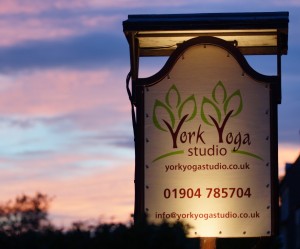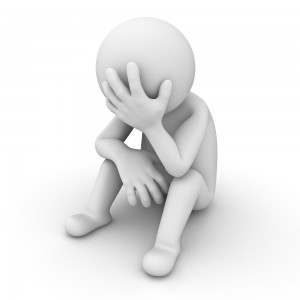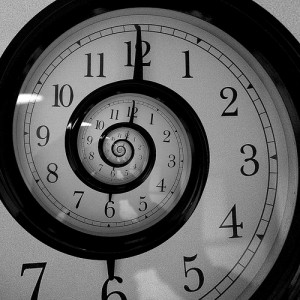 Many of my Writing for Wellbeing workshops are at yoga studios. Why is it that yoga and expressive writing complement each other so well? As a practitioner of yoga for some decades, I find that yoga is a continuously evolving practice and I learn daily more of what yoga brings to me. But the primary foundation of yoga for me is balance and centredness. I don’t mean just the asanas where one balances on one foot (though that, too!) – I speak rather of how yoga helps me find the still point inside me, the centre where everything is always steady and okay, despite whatever winds of challenge and change buffet me externally.
Many of my Writing for Wellbeing workshops are at yoga studios. Why is it that yoga and expressive writing complement each other so well? As a practitioner of yoga for some decades, I find that yoga is a continuously evolving practice and I learn daily more of what yoga brings to me. But the primary foundation of yoga for me is balance and centredness. I don’t mean just the asanas where one balances on one foot (though that, too!) – I speak rather of how yoga helps me find the still point inside me, the centre where everything is always steady and okay, despite whatever winds of challenge and change buffet me externally.
It is, in great part, all about letting go of whatever we don’t need in any particular moment. There are times when I am doing a challenging asana, and I find myself struggling with my own body, trying so hard to get it right. Then I realize that all I need to do is let go of what I don’t need in this asana. I cease the struggle, release the tension, and let my body find its own balance and ease in the posture. Yoga is, of course, not merely the practice of physical asanas – it is meditation, kirtan, breathing, and a philosophy for finding your path through life.
So how does Writing for Wellbeing complement that? I think I am not alone in saying that I carry a lot of thoughts about in my mind that I don’t really need, which trouble me at the most inconvenient moments. Expressive writing activities go a long way in helping release these thoughts and inhibitions, because it taps your own intuition to help you find out what is really important to you. Effectively, you can get behind your thoughts to a wellspring of creativity which can flow out to affect all aspects of your life – writing, work, relationships, decision making, and how you feel about yourself. You come away knowing yourself better – that there is a lot more to you than all these thoughts whirling about in your mind. It helps you find that point of stillness inside you where you know that you are always okay.
But you don’t need to do yoga to come to one of my workshops at a yoga studio! Everyone is welcome. And you may find that the peaceful and nurturing atmosphere of yoga spaces fosters your own creative spirit.
‘You must write. It’s not enough to start by thinking. You become a writer by writing. It’s a yoga.’ — R.K. NARAYAN










